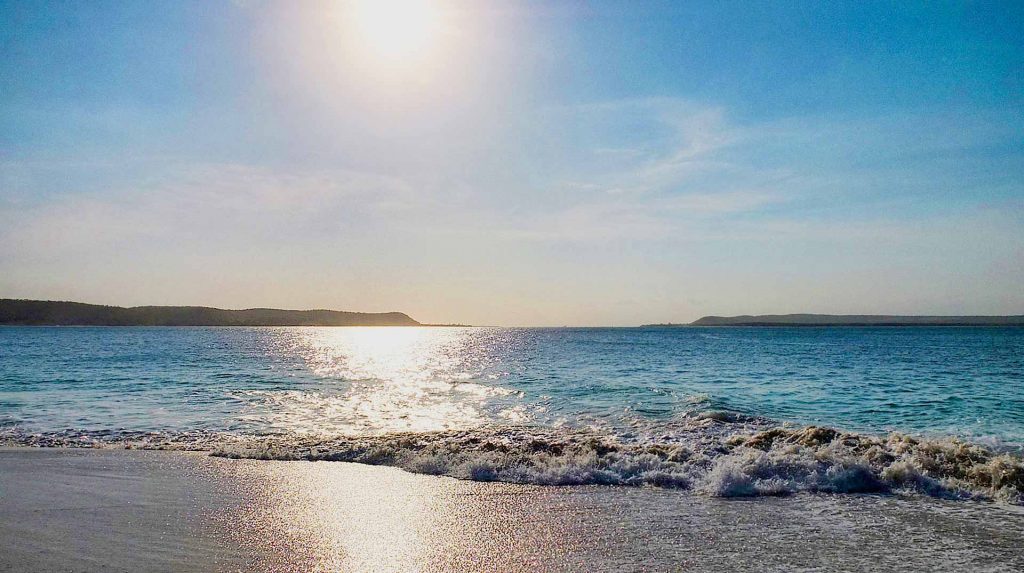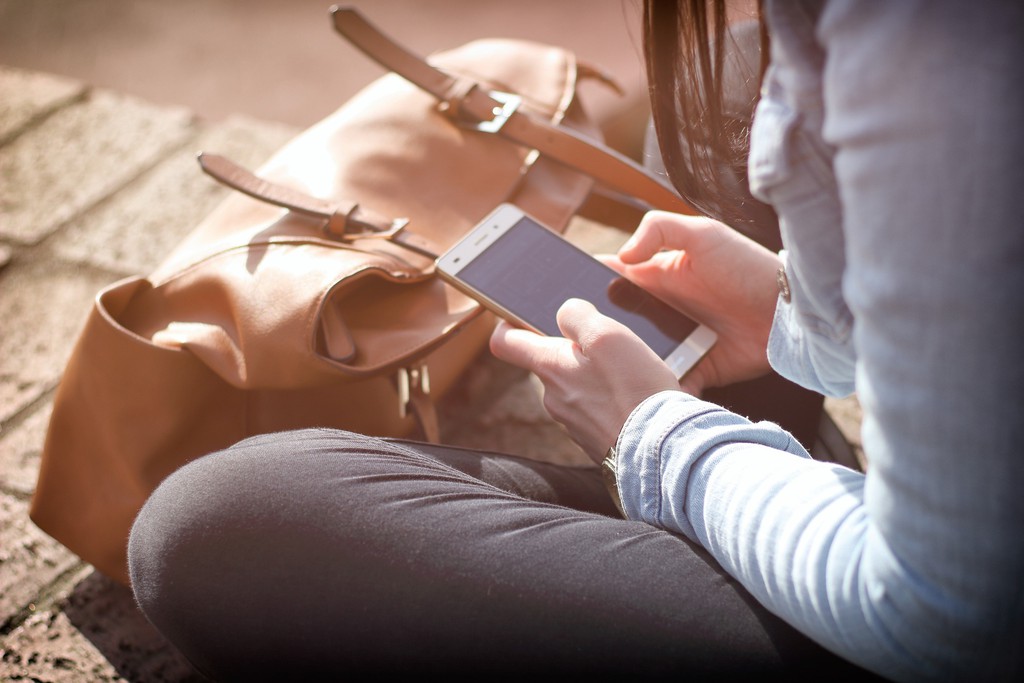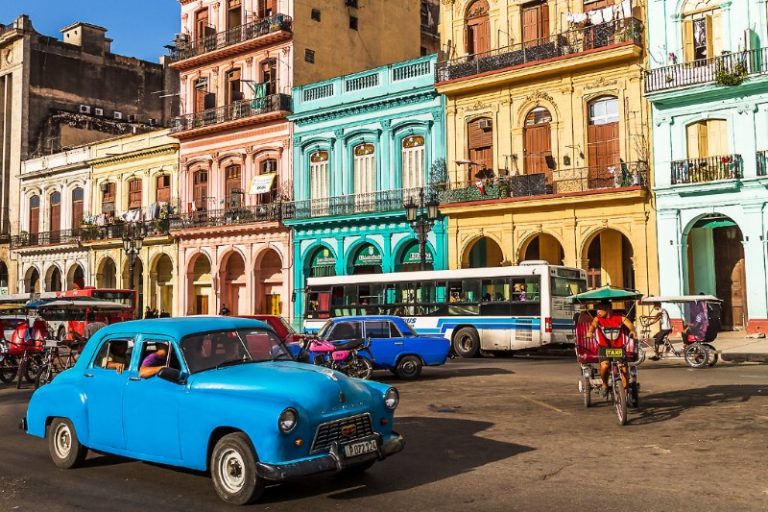Cuba is a unique country that is constantly changing. It is unique for its history, culture, natural beauty and, above all, the hospitality of its people. Here at Cuba Private Travel we asked our guides and local experts to come up with the most important things to bear in mind if you are thinking of traveling to Cuba. Here are the 10 most important things you should know and more.
1. Best time to visit Cuba.
The best time to visit Cuba is from Mid November to Early June, during the dry season, when you can expect warm sunny days and plenty of blue skies. The tail end of November can see some showers but it is low season and you can get some great deals. Similarly From April there are showers but they don’t start in earnest until June. The pattern is usually a few days of clear weather then a couple of days of rain usually in the afternoons so mornings are often bright and hot.

2. Very important: Updated Passports.
It is recommended that your passport be valid for at least six months from the date of your planned return. Please make note of the expiration date and renew your passport accordingly if it is near expiration. As a general travel rule, it is a good idea to make a photocopy of your passport. Bring it with you and store it separately from your actual passport.
3. Be aware about your flight information.
During peak travel season flights leaving the island can experience longer than normal delays due to the unprecedented number of travelers to Cuba. Flight delays are not uncommon.
4. Going through your final itinerary.
A significant portion of your Cuba program is customized to maximize your cultural experience. Many of the places we visit are not tourist destinations and your particular itinerary will take advantage of what’s happening during your stay. Upon arrival in Cuba you’ll meet with your Cuban concierge to review the details of your journey. Here you can find an example of our luxury itineraries.
5. All you need to know about your arrival in Cuba.
Upon arrival our VIP service will meet you at the airplane ramp holding a sign with your name. They will escort you to customs to beat the sometimes-lengthy Immigration lines. When passing through Cuban immigration, an official will review your visa (tourist card) and take your photo. Keep your visa in a safe place as you will need it again when you depart immigration. After immigration, you’ll proceed through customs and go through security. Once you have retrieved your luggage, and exit customs, our airport representative will be waiting to meet you, and escort you to your vehicle where your Cuban guide or guide/driver awaits.
From time to time, Cuban Customs and Immigration officials may ask you or someone from your group additional questions as you enter Cuba. Please note this is standard operating procedure is nothing to be concerned about. They will typically ask to see your passport and will record your passport number. They may also inquire about your profession, who you are traveling with, what state you are from, why you are in Cuba, and ask other basic questions. Simply answer all questions truthfully.
6. Packing tips: What should you wear while in Cuba?
Cuba has no clothing taboos! You typically find people are wearing very casual, colorful and Caribbean-style clothing. Very few venues in Cuba require formal wear. Pack light and use comfortable clothing, particularly comfortable walking shoes. If your itinerary includes hiking or a day in the mountains, you might want to bring boots. Shorts, tank tops, t-shirts, sundresses and skirts are all acceptable. A wrap, sweater or light jacket is recommended for the evenings. Some clubs and live music venues have very low AC. Though hotels will have toiletries and may have a hair dryer, we recommend bringing your own. The voltage in Cuba is 110, though most hotels have 220 plugs. Bring a multi-adaptor.
7. How to stay connected in Cuba?

Until recently, most travelers to Cuba took it for granted that there would be no Internet access and therefore this would be their opportunity to enjoy themselves and put their phones away. This has certainly changed. Most of the best hotels have Wi-Fi access and will provide you with a login and password at check-in. WiFi is not always included in all hotels. A few of the B n Bs also have Wi-Fi, access to be purchased from staff. There are also over 80 Wi-Fi hotspots all over Cuba.
Your concierge and guide can help you purchase the Wi-Fi cards with login and password (cost between 2-3 USD per hour), and indicate how/where to use them. Alternatively, Cuba Private Travel offers clients the use of a cell phone with data, in which your concierge will instruct you how to create a mobile hotspot so you can use your own phone. Band-width is limited and navigation is slow but getting faster all the time as Cuba catches up fast with the internet age.
8. Handling money in Cuba. All about cash and credit card usage.
There are lots of stuff going on at the moment in Cuba with the money. USA embargo affects Cubans economy harder by day. So tourism is the best injection of ¨worthy cash¨ as the Cuban Pesos are not valuable in the international market and the Cuban government is trying to eliminate the double currency in the country. Before existed the CUP (Cuban Peso)and the CUC (Cuban Convertible Currency, which value was considered equal to USD). That said, now in Cuba all kind of international currency is acceptable: Sterling Pounds, USA and Canadian Dollars, Euros, etc will have a value compared with Cuban Peso 1 USD = 24 CUP.
As credit cards, ATM cards, bank cards and travelers checks affiliated to a US bank are not accepted in Cuba, bring enough cash to last your entire trip.
Do not exchange money on the street. We recommend 100 per person per day for meals. If you like to indulge in art, souvenirs, and evening outings, you may consider bringing more: $150-$250 per person per day. In Private business you may pay cash in USD or Euro, it will be taken with the bank rate.
Sample Costs
- Taxi to Old Havana 10-15 USD
- Crafts 20+ USD
- Night club entrance fees 10-25 USD
- Cabaret (Tropicana, the Nacional, Ballet) 30-100 USD
- Drinks 2 – 5 USD
- Shopping – Simple gifts 2 – 50 USD
- Cigars 200 USD a box
9. What is recommended for tipping?
Tipping is customary in Cuba and is perceived as a gesture of acknowledgement of satisfaction with a good or excellent service. For Cubans who work directly with visitors from abroad, such as hotel staff, the gratuities they receive are an important supplement to their income. In restaurants, 10% is the general rule. Your specialized guides are well paid in general, so tipping them should be based on your personal satisfaction with the level of service received. For your private guide and driver, we recommend 20-40 USD per day, each, if you feel their work was excellent. You may also leave a discretionary 5 to 10 USD per day for your concierge and Clients Services Manager.
10. Things you can not miss in your luggage. The Checklist.

- Passport (original and photocopy packed separately)
- Print Final itinerary (sent 1 week before departure)
- Over-the-counter medications for common ailments
- Basic first-aid items
- Toiletries (we recommend bringing your own)
- Hair dryer (hotels may have them but we recommend bringing your own)
- Adaptor
- Feminine hygiene products
- Toilet paper or small packets of tissues
- Masks
- Alcohol-based hand-sanitizer
- Insect repellent
- Flashlight
- Sun hat
- Sunglasses
- Sunblock
- Comfortable walking shoes
- Light rain jacket
- Small umbrella
- Cigarette lighters (packed in your checked luggage)
- Snacks (granola bars, mixed nuts, crackers, pretzels)
- Cuba Guidebook
*Bonus: PCR tests for free to all turists.
During Covid-19 pandemic and starting this January 10th, 2021; all visitors destined to Cuba must submit a negative PCR test carried out 72 hours prior to travel date. At the airport another PCR test will be made, so far the Cuban Government is not charging for it. This is mandatory for all tourists visiting the island upon arrival. Once at the hotel or casa particular guests must do a very strict quarantine until the PCR results are given. Be well prepared!!! Actually its an extra point to make sure you will be safe and taken care of while your entire journey.
Travelling to Cuba can be easy and fun if organized by an experienced luxury travel agency like Cuba Private Travel. Book with us now at enquiries@cubaprivatetravel.com.




